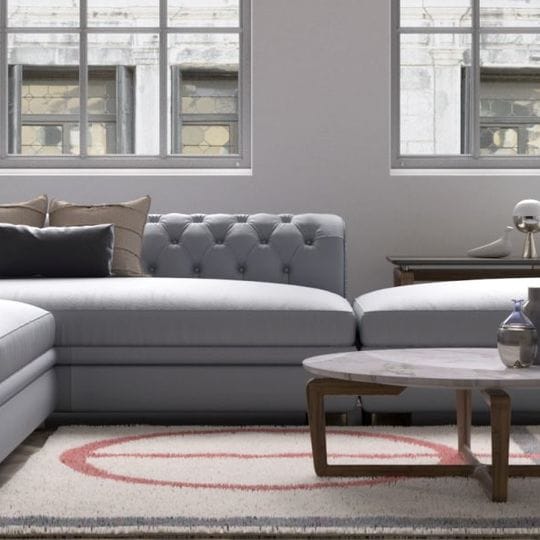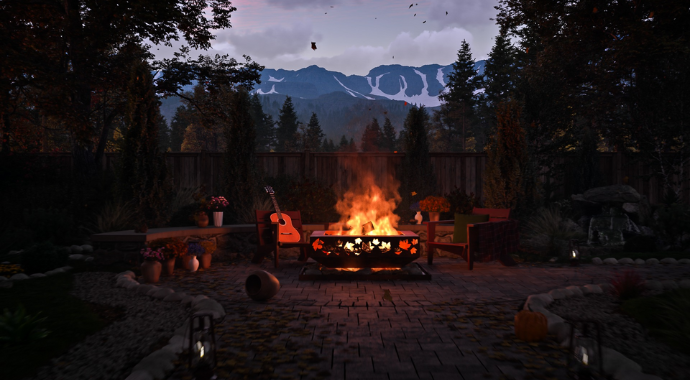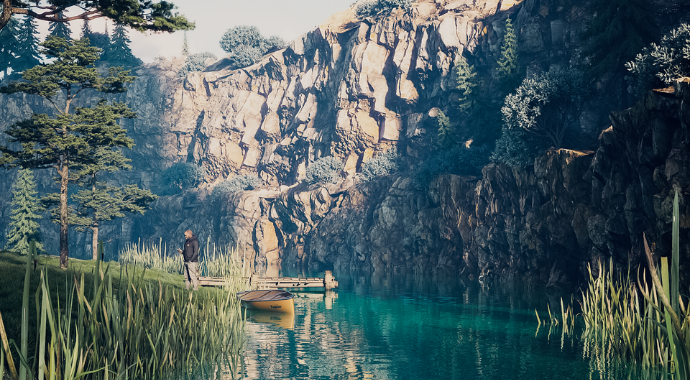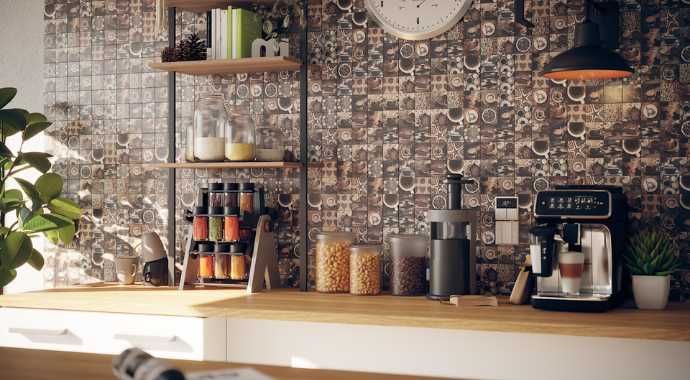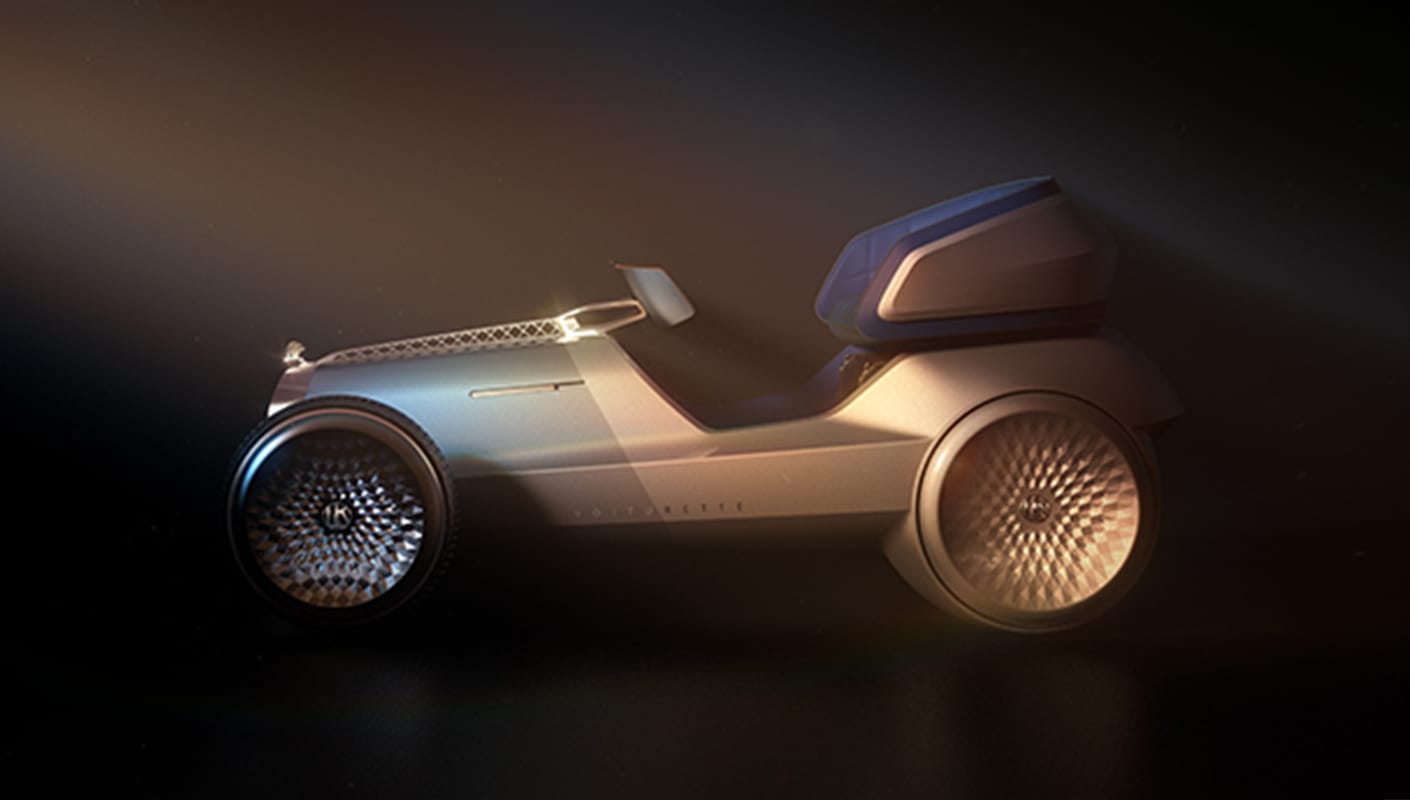Furniture design requires the best rendering software to create photorealistic imagery — fast. Find out how Lazzeroni Studio makes use of V-Ray Next for Rhino.
Roberto Lazzeroni has always been ahead of the game. The architect and interior designer created his first furniture, in collaboration with retailer Ceccotti Collezioni, in 1988, embracing new woodworking techniques that produced flowing, sculptural forms. These pieces were a success, elevating both Lazzeroni and Ceccotti to international stardom in furniture design.
Today, the studio continues to collaborate with Ceccotti and other major furniture brands, including Poltrona Frau, Baxter, Girogetti and LEMA. It's also entering its second generation via Roberto's son, Lorenzo Lazzeroni. The company's resident 3D artist has inherited his father's meticulous design skills and combined them with technological know-how, using Rhinoceros 3D and V-Ray Next for Rhino rendering software to model and render new pieces.
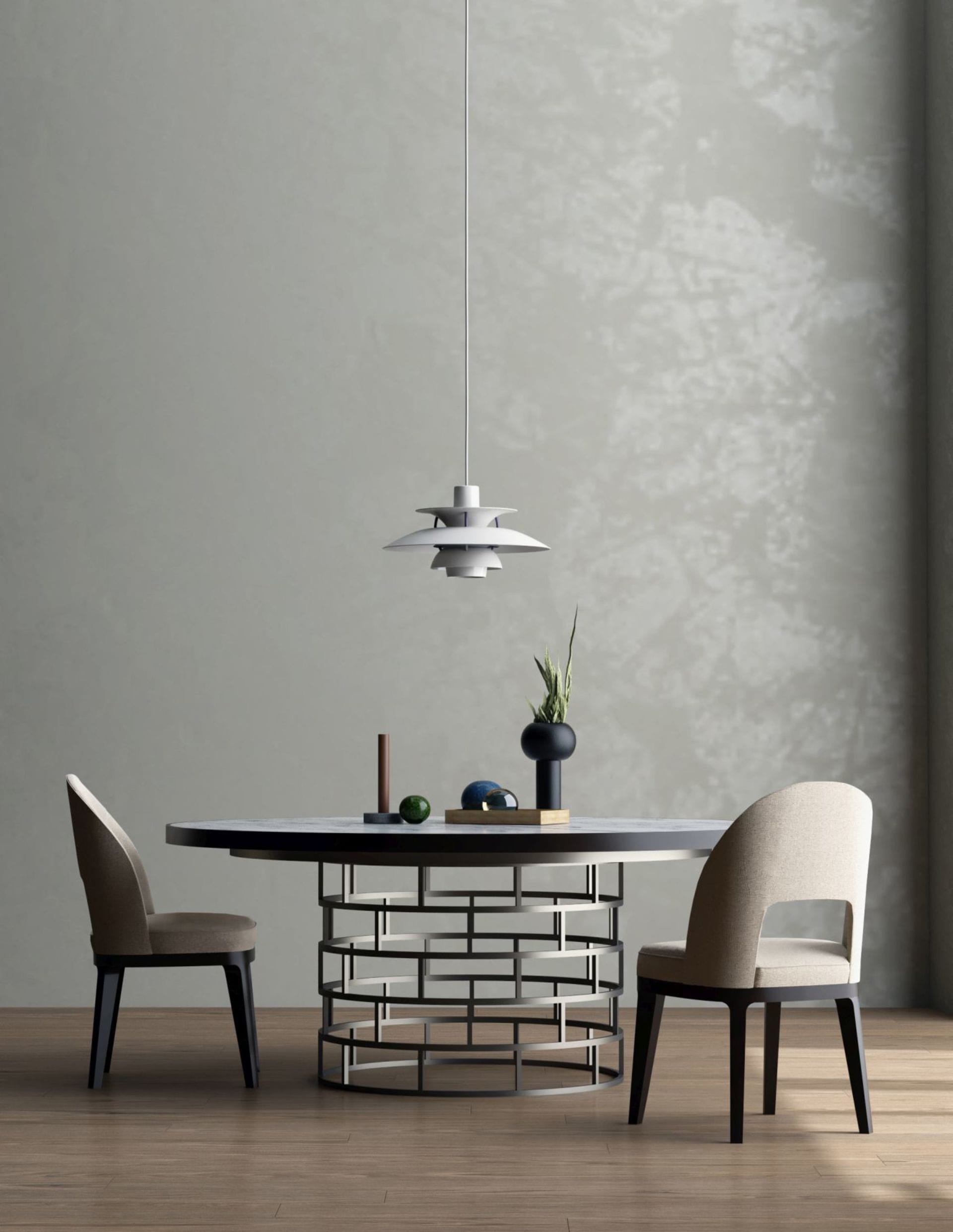
"I was born in 1980, so I grew up with 8-bit and 16-bit videogames," explains Lorenzo. "I remember being happy to download an MP3 from Napster via a 28K modem. But I was also passionate about playing instruments and being creative. This combination led me into the world of CGI."
After studying at art and design schools, Lorenzo taught himself 3D modeling and rendering techniques by following tutorials and reading articles, spending hours in front of programs to learn as many techniques as possible. When he arrived at Studio Lazzeroni in 2002, the company had yet to embrace digital methods.
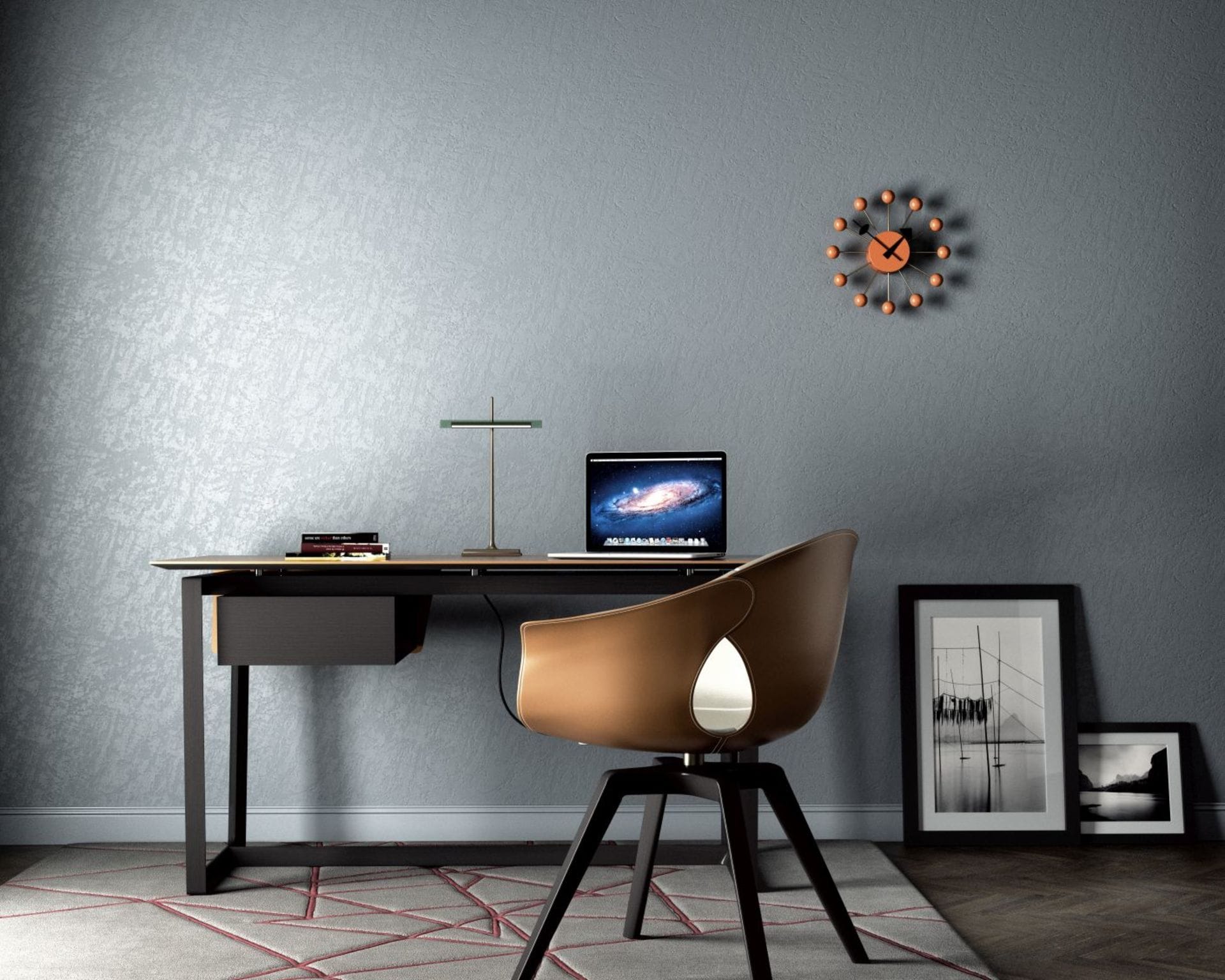
"They only used technical drawings created by hand," says Lorenzo. "I had the chance to make a change inside the studio. They started using CAD for 2D drawings and, step by step, they began to use modeling and rendering programs too. Now, I'm the 3D artist and responsible for the studio's rendering and modeling aspects."
Creating such highly crafted furniture requires meticulous attention to detail and analysis, which is where Lorenzo's modeling and rendering pipeline kicks in. After the initial design phase, he can create up to 150 renders a day to deep-dive into all aspects of a product in various materials, finishes and colors. Finally, he produces the product's official image to send to the retailer.
We tested several programs at the studio but they couldn’t match V-Ray Next for Rhino’s render quality and fast and accurate workflow.
Lorenzo Lazzeroni, 3D Artist, Lazzeroni Studio
"The main programs we use are Rhinoceros for modeling and V-Ray Next for Rhino for rendering," explains Lorenzo. "We tested several programs at the studio but they couldn’t match V-Ray Next for Rhino’s render quality and fast and accurate workflow. We use these renderings to show the final concept to the companies and most of the time they use these images for marketing, too.”
Lorenzo creates two variations of CG imagery for each product: A blank white set, to emphasize the piece of furniture, and an interior to give a sense of how it will fit into a home environment. For the latter — which he has perfected during the COVID-19 lockdown — he uses real photographs combined with V-Ray's rendering to create photorealistic imagery.
“With V-Ray GPU plus RTX, we can further reduce the time it takes to create a perfect image.”
Lorenzo Lazzeroni, 3D Artist, Lazzeroni Studio
"Our design team has to work very quickly, but they also have to study each project very deeply," says Lorenzo. "Real-time rendering has saved a lot of time, but it also means they can check the project thoroughly. And now, with V-Ray GPU plus RTX, we can further reduce the time it takes to create a perfect image."
Lorenzo’s tips of the furniture trade
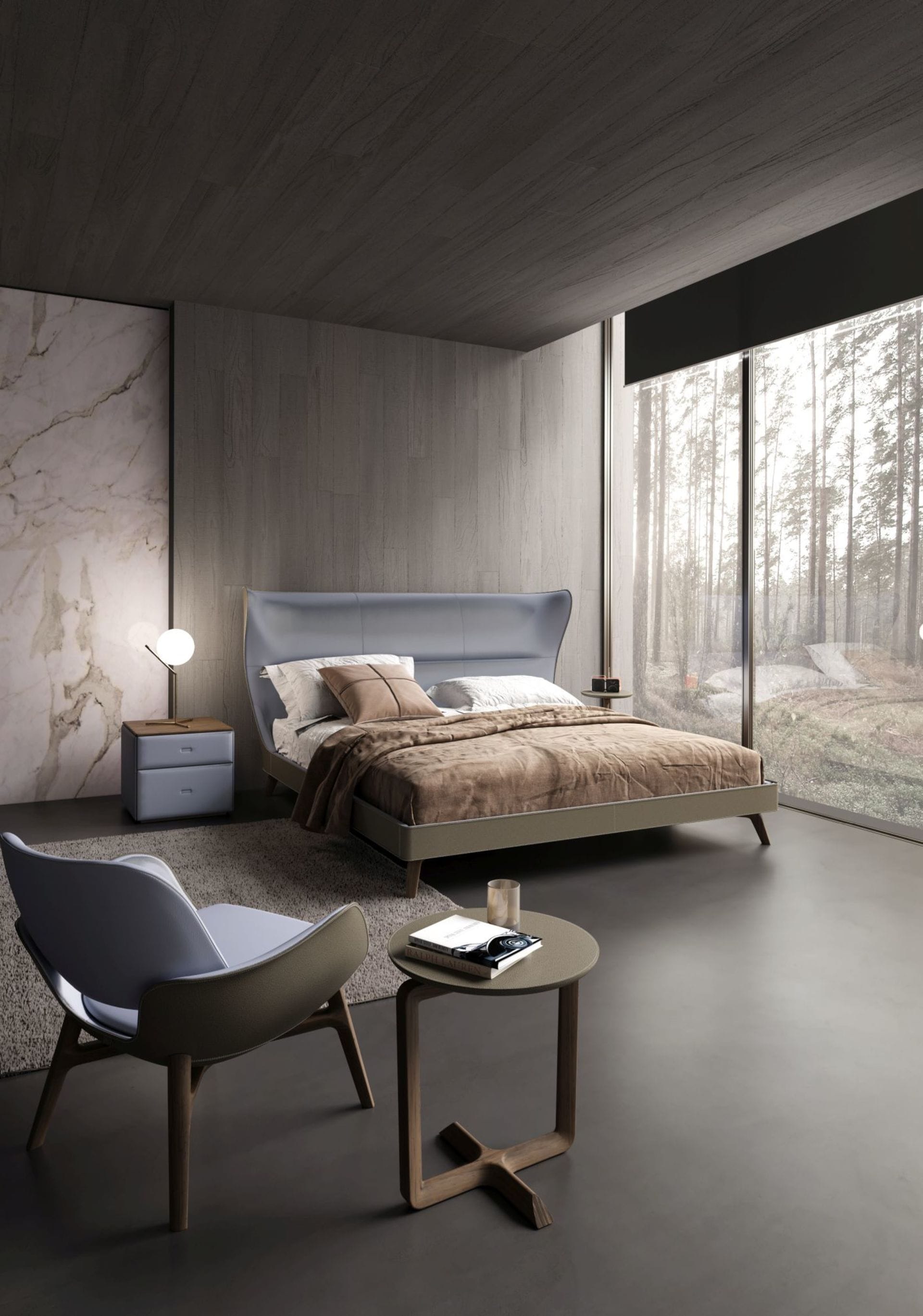
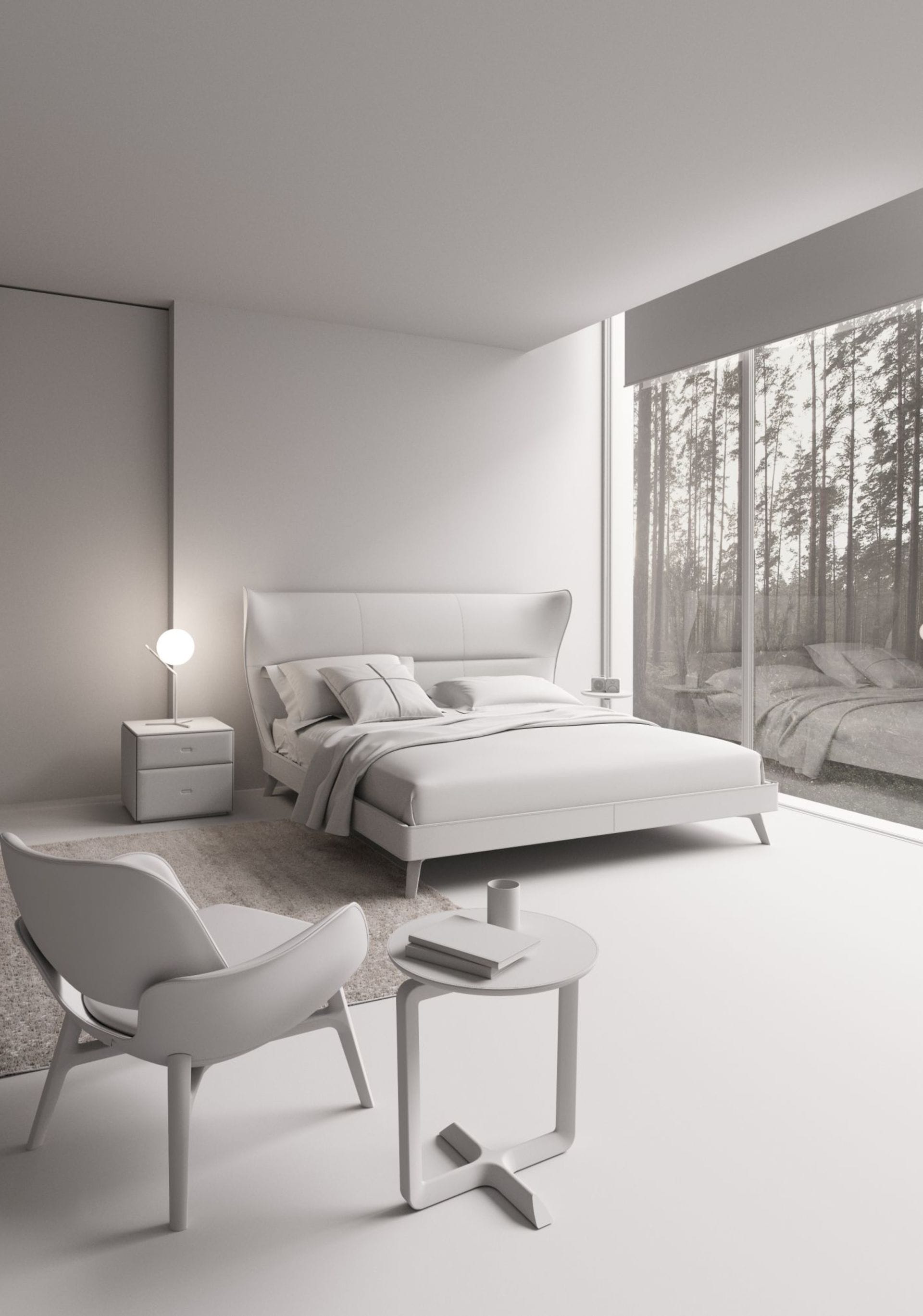
"I love studying the light of a photorealistic scene to reproduce it in my work," Lorenzo says. "With the Override Material, I can analyze the light of a scene I've modeled before I set the materials. Then I work deeply and carefully on the texture, particularly the diffuse because, in reality, colors are not as bright as the rendering. I like to desaturate the colors to give a better texture."
At the moment, Studio Lazzeroni is making use of V-Ray for Rhino’s fast rendering as it prepares for Salone del Mobile.Milano 2021, the largest furniture fair in the world. Next year will mark the event’s 60th anniversary and the industry is pulling out all the stops to ensure they produce their best work ever.
“Both the designers and the companies want to give to the world of design very exclusive and high-level pieces of furniture for next year,” says Lorenzo. “Right now, we are working in collaboration with retailers on these exciting projects.”



